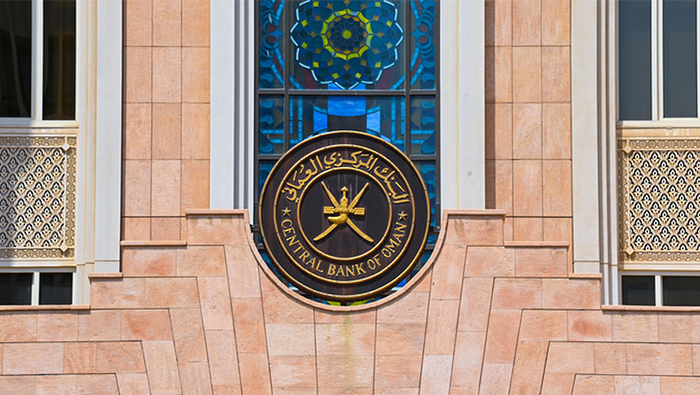
Muscat: The Central Bank of Oman (CBO) raised OMR52.80 million by a way of allotting treasury bills on Monday.
The value of the allotted treasury bills amounted to RO 2 million, for a maturity period of 28 days. The average accepted price reached RO 99.700 for every RO 100, and the minimum accepted price arrived at RO 99.700 per RO 100. The average discount rate and the average yield reached 3.91071% and 3.92248%, respectively.
Whereas, the value of the allotted treasury bills amounted to RO 10 million, for a maturity period of 91 days. The average accepted price reached RO 98.945 for every RO 100, and the minimum accepted price arrived at RO 98.945 per RO 100. The average discount rate and the average yield reached 4.23159% and 4.27671%, respectively.
While, the value of the allotted treasury bills amounted to RO 40 million, for a maturity period of 182 days. The average accepted price reached RO 97.830 for every RO 100, and the minimum accepted price arrived at RO 97.825 per RO 100. The average discount rate and the average yield reached 4.35192% and 4.44846%, respectively.
On the other hand, the value of the allotted Treasury bills amounted to RO 0.80 million, for a maturity period of 364 days. The average accepted price reached RO 95.850 for every RO 100, and the minimum accepted price arrived at RO 95.850 per RO 100. The average discount rate and the average yield reached 4.16140% and 4.34158%, respectively.
Treasury Bills are short-term highly secured financial instruments issued by the Ministry of Finance, and they provide licensed commercial banks the opportunity to invest their surplus funds. The Central Bank of Oman (CBO) acts as the Issue Manager and provides theadded advantage of ready liquidity through discounting and repurchase facilities (Repo).
It may be noted that the interest rate on the Repo operations with CBO is 5.00% while the discount rate on the Treasury Bills Discounting Facility with CBO is 5.50%.
Furthermore, Treasury Bills promote the local money market by creating a benchmark yield curve for short-term interest rates. Additionally, the Government may also resort to this instrument whenever felt necessary for financing its recurrent expenditures.